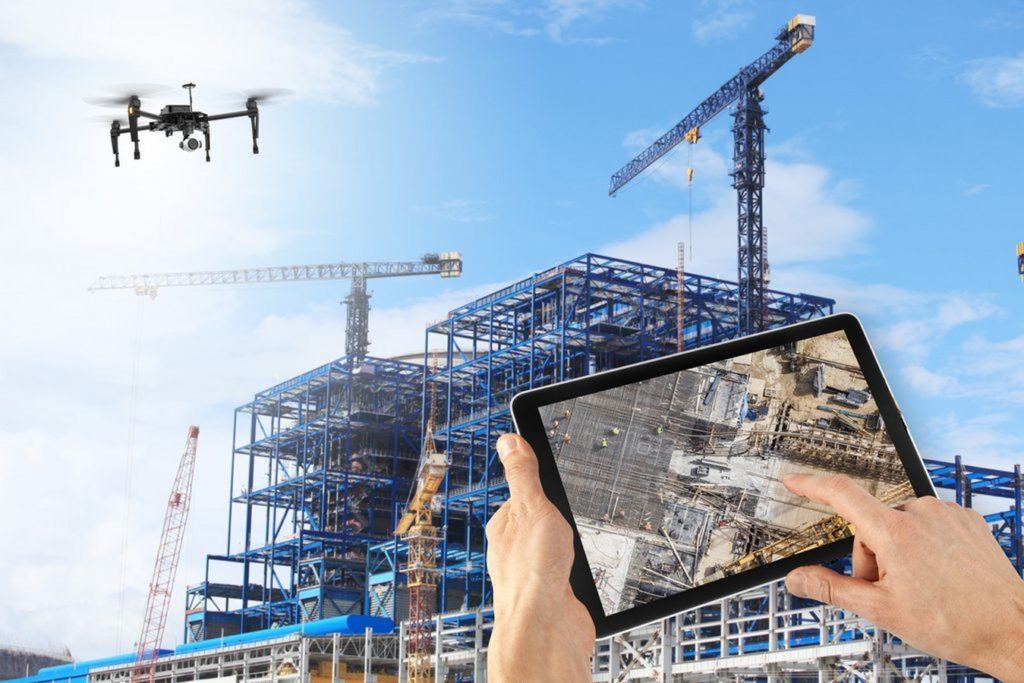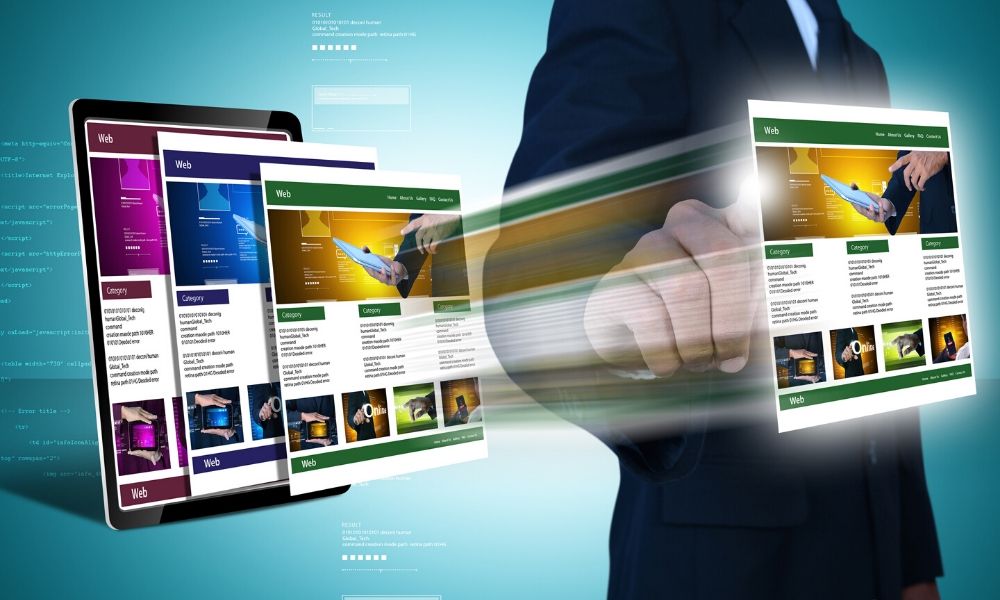
In the current digital era, obtaining a US birth certificate using internet resources has become inconvenient. The practical procedure for order US birth certificate online, whether for one’s own use or on behalf of others, is covered in this article. By utilizing modern technology, this process dramatically reduces the time and effort required compared to going to a government office in person. Online requests also frequently result in quicker processing periods, guaranteeing the prompt receipt of the crucial birth certificate document.
Why Order Online?
Online birth certificate ordering comes with a number of benefits. First of all, it is quicker and easier than going to a government office in person. The procedure may be started from the convenience of one’s home with only a few clicks. Online orders also frequently process more quickly, ensuring the speedy arrival of the certificate. Furthermore, it offers a simple and safe option to view this crucial document without requiring physical presence or time-consuming documentation.
Eligibility and Requirements:
Before beginning the online application procedure, be sure all requirements are met. They must usually be the people identified on the birth certificate, their parents or legal guardians, or they must have a legal stake in the record. Details about the birth, such as the baby’s complete name, birth date, birthplace, and parents’ names, must be supplied.
Secure Online Services:
Choosing trustworthy and safe suppliers is essential to order US birth certificate online. Finding reputable third-party vendors or official government websites that follow all legal standards and secure personal information is advised.
Step By Step Procedure:
Online birth certificate ordering frequently involves the following steps:
● Collecting information: It’s crucial to compile all pertinent details concerning the birth, such as the child’s complete name, birthplace, date, and parents’ names.
● Choosing the Right Website: If one wants to purchase a birth certificate, it is essential to do it from a trustworthy and secure website. It is critical to confirm the legitimacy and reliability of the website.
● Application completion: The online application form should be filled out with the required data to guarantee the information’s accuracy.
● Payment: The processing and shipping fees must be paid. Online payment methods are frequently secure and convenient.
● Verification: To verify eligibility and correctness, the application will go through a verification procedure that may involve comparing the information submitted with official records.
● Processing and Delivery: After the birth certificate has been processed, it will be delivered to the given address. Depending on the service and delivery choices selected, processing timeframes may change.
● Receiving and Examining: The birth certificate should be thoroughly examined for correctness as soon as it is received. Any issues should be reported right away so they can be fixed.
Conclusion
An easy and quick approach to getting this crucial document is to order US birth certificate online. People may guarantee a hassle-free experience and swift delivery of their birth certificates by following the safe and easy methods mentioned above. The Internet purchase procedure makes it easier to complete what was previously a more challenging activity, whether it is required for personal identity, legal concerns, or any other purpose.







